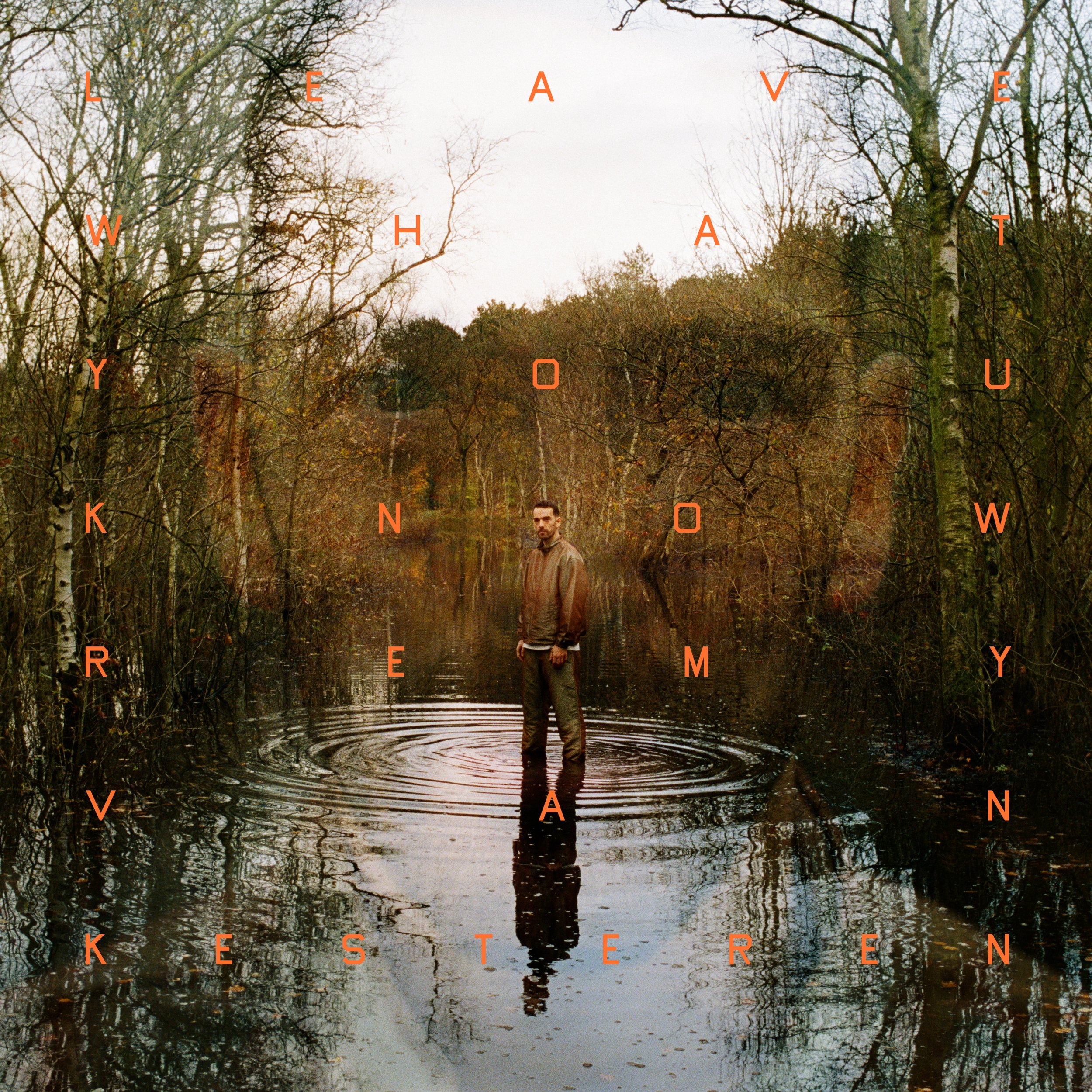The Harp as You’ve Never Heard It Before: Remy van Kesteren Releases ‘Leave What You Know’
Praised by The New York Times as a “brilliant harpist,” the harp sounds like never before when Remy van Kesteren (1989) plays it. At the age of five, enchanted by the sound of the instrument in a garden, Remy immediately knew: this was it. He developed into an internationally renowned harpist, winning numerous prizes and competitions, including the world’s largest international harp competition in the United States in 2013, and performed in concert halls across the globe. But at 25, Remy realized: this wasn’t it. Not anymore. Not entirely.
Leave what you know is his seventh album — and whether coincidence or not — it took seven years to make. Remy had multiple demos that remained unfinished. His previous work consisted only of instrumental music, but during the creation of this album, Remy realized he was actually writing songs. Songs that seemed to be calling for melodies, lyrics, and vocals — which were all still missing.
So he decided to reach out to some of his favorite vocalists: Robin Kester, Kim Janssen, Pitou, Marcel Veenendaal (DI-RECT), Someone/Tessa Rose Jackson, Luwten, Nana Adjoa, Banji, and Roufaida. He worked on the demos with each of them individually. Since they each had their own working style, the collaborations actually resulted in a lot of new material. Working with these different artists expanded his musical process and taught him a great deal about songwriting.
Regarding the collaborations, Remy says: “I’m convinced the most interesting work lies outside of what you already know. And I love a challenge. Collaborating with others, especially on something as personal as a song, was a vulnerable and humbling process.” The album has brought him many things — new insights and many new friends.
And now, after seven years, Remy releases what might be the most important album of his life. With this process, he left everything behind more than ever before, without knowing where it would lead. The journey took seven years, during which he let go of his career and the certainties that came with it. The consequences were far-reaching, not just musically but personally.
Musically, it’s his most song-oriented album — a band setting in which, alongside harp, you also hear guitar, drums, and electronics.
Personally, the album process affected every part of his life, raising big questions: Was he giving up his dream life? Or was it only a dream life in the eyes of others? How do you relate to your surroundings in such a situation? It really meant starting over — musically, in terms of his children, relationships, and friendships. Strikingly, many of the guest artists had gone through similar experiences. Sharing those felt almost therapeutic, like a liberation — and a confirmation that he was on the right path, even if he still didn’t fully know where it would lead. In this way, the album serves both as a conclusion and a transition.
The inspiration for the title Leave What You Know comes from letting go of everything familiar. But also from how, as we age, we tend to think less open-mindedly. “As a child, you look at the world with complete openness. As we grow older, that openness fades. We decide what fits us, what we like, and what we reject,” says Remy. Curiosity always outweighs distrust for him, and that’s what he followed as a soloist — taking a different route to see what else might be out there. “This album is a sign of that personal journey — of discovering what lies within me and is waiting to come out,” says Remy.
For Remy, the collaborations aren’t the only thing that sets this album apart from his previous work — this is also the first time he has written lyrics. The harp is still there, of course, but not always at the forefront. You can even hear his voice on every track of the album. For him, this is a completely new playing field: these are real songs, with lyrics, for the first time.
Remy: “I love how everything in life only gains real meaning once you’ve experienced it. That makes me look forward to growing old — to one day understand how things in life might finally feel good enough.”


